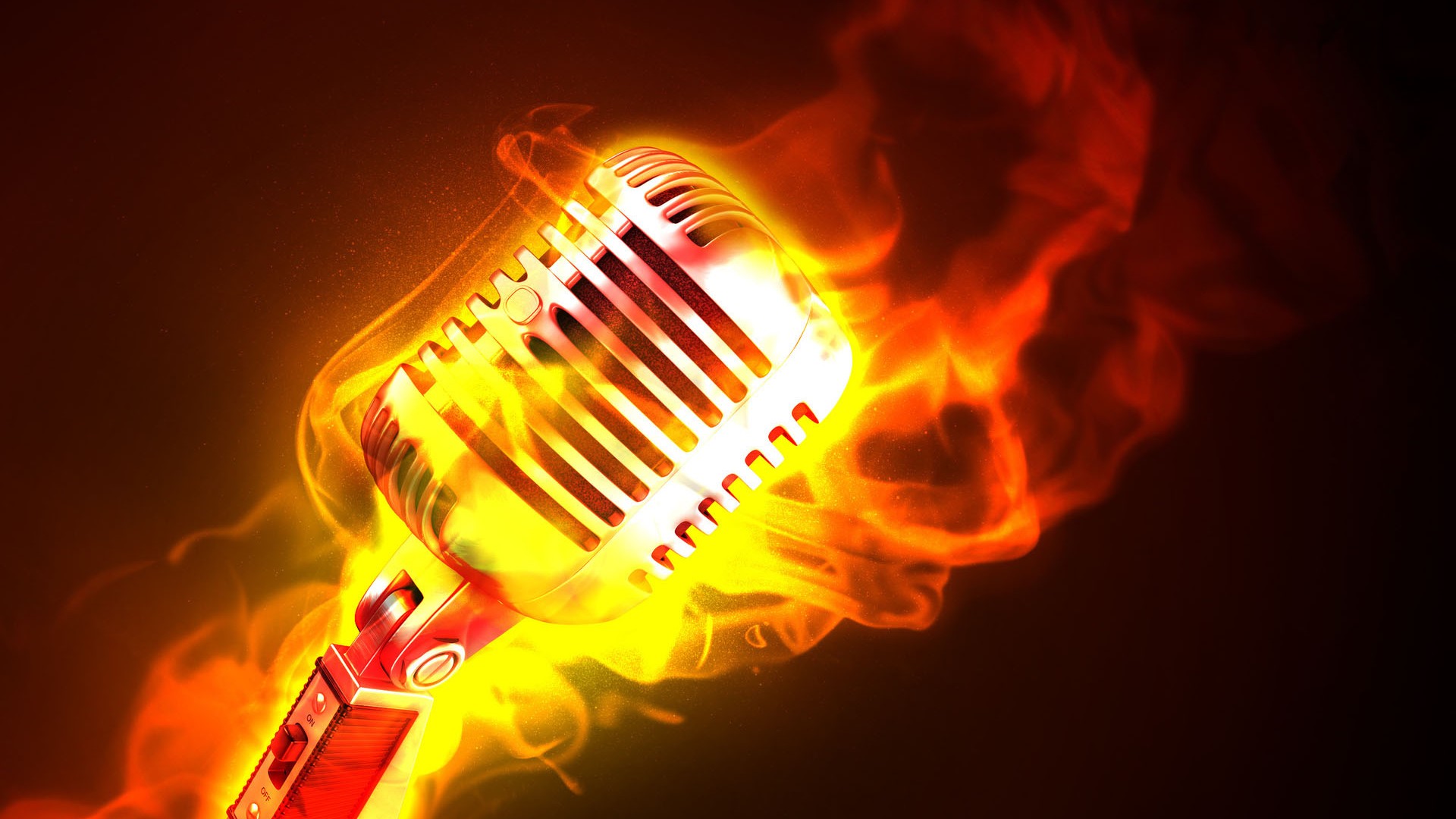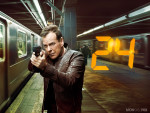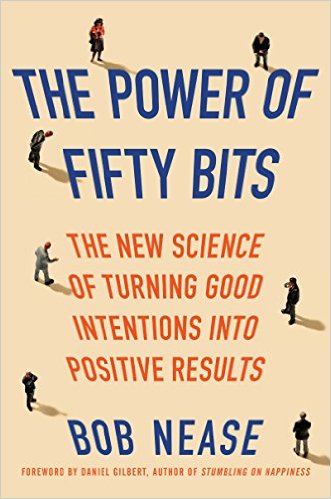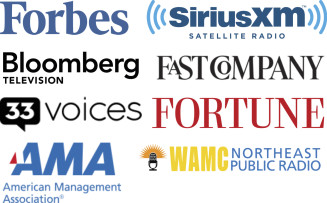Tavis Coburn over at Wired notes that his playlists back in “the day” were far superior to those he hears today via streaming services. He chalks up the change to today’s overtly designed tunes, asserting
Pop music is so engineered to hit your dopamine jets that it won’t sustain the rush.
In other words, really great music is durable in that it gives you a blast of dopamine even if you’ve heard it several times before. That happens when music has just enough unpredictability to tickle your dopamine response. (Listen to Stevie Wonder’s drum work on “Superstition” to get an idea of how powerful this can be.)
But there’s another explanation that Coburn touches on and then skips over:
By college—aka the Napster era—I was no longer shelling out for music; but if time is money, I was still paying. I’d hear a song and get curious about the artist. Then I’d steal some tracks. A song could take an hour to download, and storage was far from free. So to ensure I didn’t waste time or space, I’d do research to see if the band was worth it: cruise a BBS, talk to friends. I’d listen to it several times. If a song was good, I’d burn it to minidisc. (Yep, I’m that guy.) Bad tracks got trashed. My mixes were amazing. The process was full of what technologists call friction, the supposed enemy of a good user experience. Yet those college-era mixes remain among my favorites.
This is an important insight. Slowing people down (i.e., “friction”) can help them make more deliberate and therefore better decisions. Here’s why: lots of people get the riddle “How many animals of each kind did Moses put on the Ark?” wrong; most people answer “two”even though it was Noah, not Moses, who did the whole Ark thing. But their performance improves drastically when the same riddle is printed in a hard-to-read font. Friction helps rather than hurts.
So if natural inclinations are likely to lead you astray when you’re on autopilot – and we’re on autopilot much more frequently than we think – making a process harder is a good way to make better choices.




